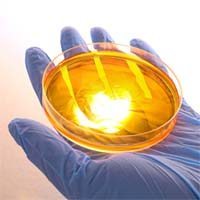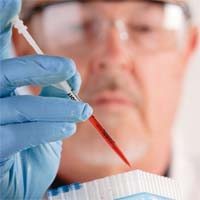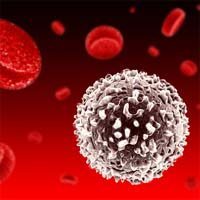New Tools Help Pathologists Make Mesothelioma Diagnosis
Pathologists may be able to do a better job of diagnosing mesothelioma in the lab, thanks to a new set of tools released by the International Mesothelioma Interest Group. A rare malignancy, mesothelioma typically carries a poor prognosis. Part of the reason may be the difficulty of making an accurate diagnosis. Even with sophisticated testing capabilities, including immunohistochemical staining and electron microscopy, it can be difficult to distinguish mesothelioma from other types of cancer. Now, pathologists who work with the International Mesothelioma Interest Group have come up with a list of guidelines they hope will help streamline the process in laboratories around the world. Drawing on their own experiences, as well as studies in peer-reviewed publications and text books, the group came…









